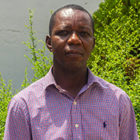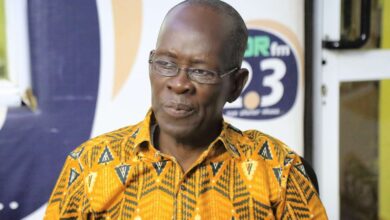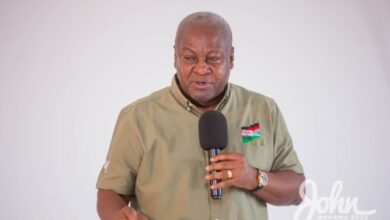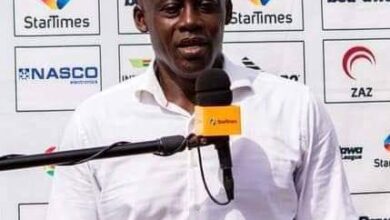
Political party funding is a crucial aspect of our democratic culture that requires careful oversight to prevent abuse and ensure transparency. Dr. Stephen Banahene, the Vice President of Christian Service University College, emphasized the need for the Electoral Commission (EC) to strengthen its oversight responsibilities to safeguard against illegal sources of funding that could compromise the trust and credibility of political parties, potentially leading to money laundering activities. He shared these insights on the Adekyee Mu Nsem Morning show on 92.3 FM hosted by Citizen Kofi Owusu in Accra.
In a related development, the Ghana Integrity Initiative has urged the Electoral Commission to act on its mandate by demanding audited financial statements from political parties. This proactive measure aims to scrutinize the financiers behind political activities, especially considering the escalating costs of political campaigns that may inadvertently fuel serious and organized crimes perpetrated by party financiers. The non-partisan organization also proposed that businesses awarded contracts under a party’s governmental regime disclose their ownership and influence on the ruling party.
Speaking at a workshop aimed at educating youth leaders on Serious and Organized Crime and its threats to the 2024 elections, Michael Boadi, the Fundraising Manager at GII, stressed the importance of the EC going beyond mere presentation of accounts to scrutinize the origins of funds and identify key financiers.
Highlighting the alarming increase in campaign costs, Mr. Boadi cited studies indicating that parliamentary aspirants in Ghana must invest a minimum of $600,000 to fund their campaigns. The GII representative emphasized the need to address organized crime and voter inducements, proposing strict sanctions to deter potential wrongdoers. Boadi commended the Office of the Special Prosecutor for taking action against vote-buying and urged continued prosecution to send a clear message.
Participants at the workshop expressed concerns about the negative impacts of organized crime on the country’s electoral process, asserting that fraudulent activities hinder developmental growth by preventing the election of rightful leaders. They also noted the connection between money laundering and political actors involved in the mining sector, emphasizing the importance of addressing these issues to ensure a fair and transparent election process.
The overall sentiment from the workshop was a call for comprehensive measures, including stringent oversight by the Electoral Commission and decisive action by the Office of the Special Prosecutor, to curb illegal funding and organized crime in Ghana’s political landscape.
AYM Kukah:E:mail:kukahalexander7@gmail.com




